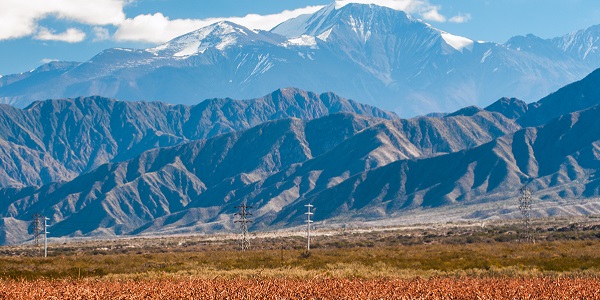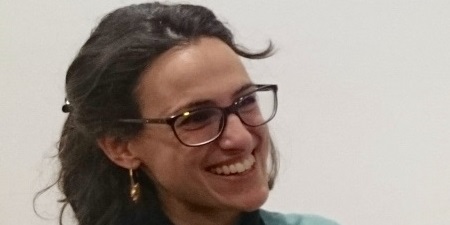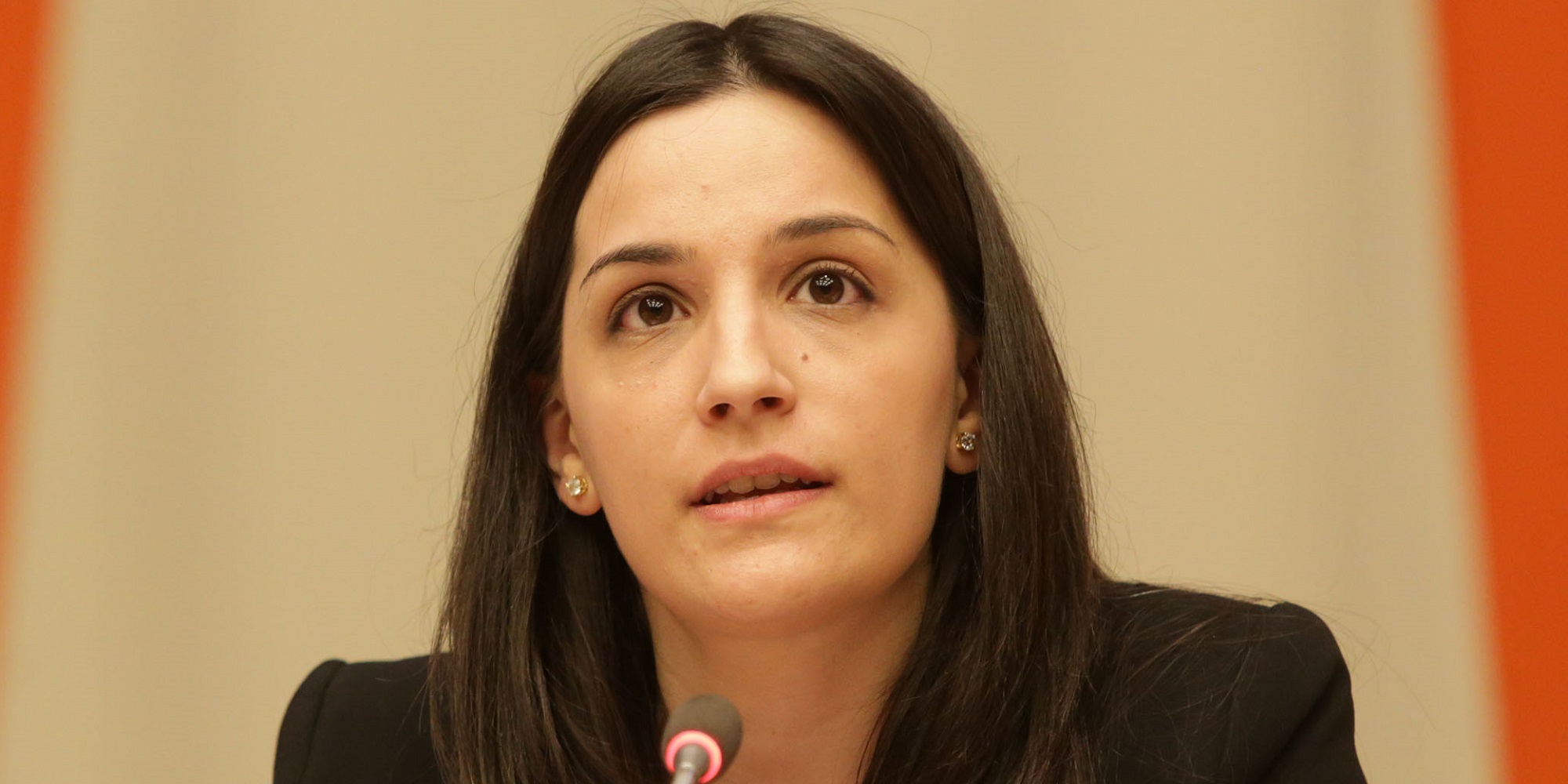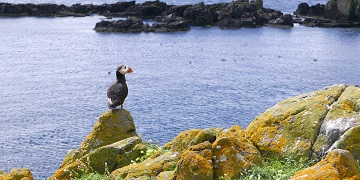The Strathclyde Centre for Environmental Law & Governance's Visiting Researchers Programme provides the opportunity for researchers in other universities to come to Strathclyde and collaborate with members of the Centre in an area of common interest. Visiting Researchers will have a dedicated working space and access to on-campus and on-line library resources.
When applying to the programme, could you kindly provide us with more information on the context and purpose of your intended visit:
- The topic or topics you intend to research during your visit, and the methods you propose to apply;
- Whether this research forms part of a degree program, a research project, or some other related activity;
- The proposed timeframe and duration of your visit (start/end date);
- Whether you are fully funded for the expected duration of your visit, including travel to and from Scotland, any visa and related fees, as well as accommodation and subsistence while in Scotland.
As part of your responses to the above questions, a brief outline of 250-500 words summarising your research topic and methods, and describing what you specifically hope to gain from conducting it at Strathclyde University, would be particularly helpful. Please send your application to scelg@strath.ac.uk.
Please note that this is an unfunded position and SCELG is unable to offer financial support to visiting researchers.

























